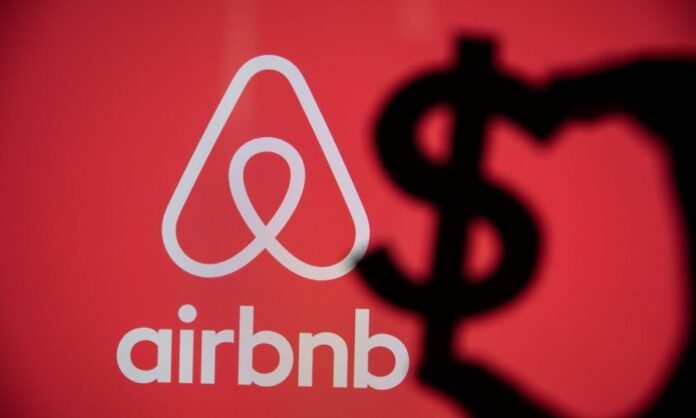Airbnb Inc. found a home for more than $1.5 billion in tourism taxes last year in every U.S. state, the District of Columbia and Puerto Rico, the California-based online marketplace for lodging announced Thursday (March 17).
Despite the limitations placed by the pandemic, Airbnb achieved an 87% increase in tax revenues over 2019, the company said.
The top beneficiaries were Florida, which collected more than $308 million. Tennessee, with more than $92 million, finished second, and North Carolina was third with more than $90 million.
In Canada, Airbnb remitted $54 million in 2021.
Worldwide, travel on Airbnb has generated more than $4 billion in tax revenue and advanced 1,000 regulatory frameworks for short-term rentals, the company added.
Tax collections have become more crucial as municipalities across the nation seek to recover from the financial impact of the pandemic. In addition, cities and towns have embraced the shift in travel that has brought tourists to more communities around the globe.
For years, communities lacked a way to collect taxes on short-term rental platforms. Airbnb said that changed in 2014, when it initiated tax collection agreements with San Francisco and Portland, Oregon. That action signaled to local governments that these tourism taxes were up for grabs.
“Today, we have collected billions of dollars across tens of thousands of jurisdictions, streamlining the process for our host community and making Airbnb, to our knowledge, the largest collector and remitter of such taxes in the world,” Airbnb said in a statement.
This week, Airbnb’s co-founders Brian Chesky, Joseph Gebbia and Nathan Blecharczyk have pledged to match up to $10 million in donations to Airbnb.org through March in support of the effort to offer housing to refugees fleeing Ukraine.
See more: Today in FinTech Ukraine: PayPal, Charity Partners Raise Over $250M for Relief Efforts; Lyft Offers Round-Up Donations for Ukraine
So far, 14,000 people in Europe have signed up to share their home with refugees since this program launched on Feb. 28.
——————————
NEW PYMNTS DATA: 57% OF CONSUMERS PREFER ADVANCED ID VERIFICATION AFTER TRYING IT
About:Fifty-seven percent of consumers who’ve used advanced ID verification methods such as voice recognition when contacting customer service say they’d do it again. The Consumer Authentication Experiences report, surveyed nearly 3,800 U.S. consumers to learn how offering innovative verification experiences is helping businesses deliver superior customer service across all channels.










